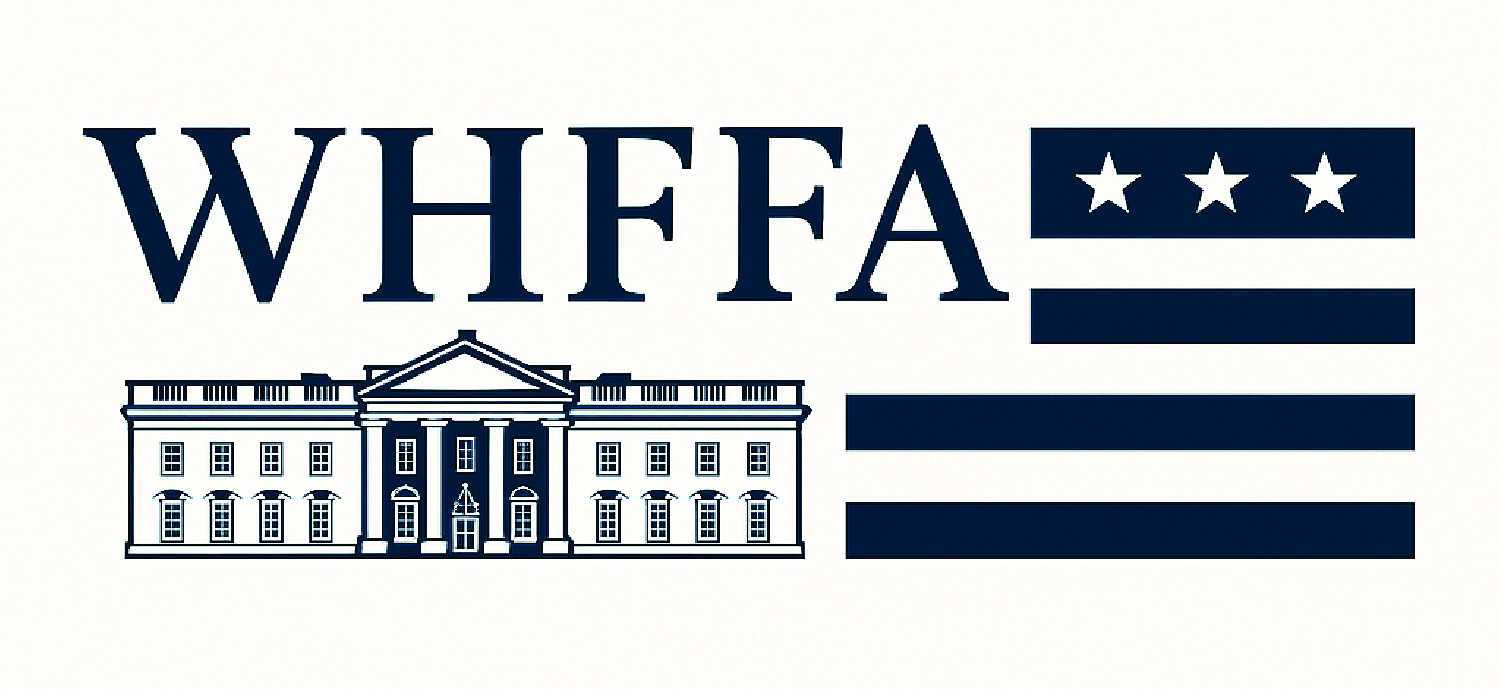WHF Profile: Clay Fuller (2018-19)
Can you tell us about yourself and your work before the White House Fellowship?
I’m a Christian, husband, and father. Prior to becoming a Fellow, I worked as a career prosecutor, first as a Judge Advocate in the United States Air Force, and then as an Assistant District Attorney in the Lookout Mountain Judicial Circuit in Northwest Georgia.
How did you hear about the White House Fellows Program and what made you decide to apply?
As a graduate student at Cornell University in the early 2000s, I saw an interview with Secretary of State Colin Powell who spoke about his experience in the program. From that day, I dreamed of applying to become a White House Fellow.
What goals were you hoping to achieve through the Fellows program?
My goal was to have a deep and abiding understanding of executive leadership at the highest level and to better understand the American policy-making process.
Where were you placed and what was the focus of your work?
I worked for both the Office of the Vice President and the Department of Defense. My main placement ended up being a DoD office called Special Operations and Low-Intensity Conflict or SOLIC, which has a fascinating worldwide portfolio.
What was your fellowship class like?
I thought I was too old to make new best friends. Yeah, well, I was wrong about that. My wife and I made life-long friends who continue to provide support, guidance, and friendship even though our Fellowship year ended in 2019.
What did you do immediately after the Fellowship?
I returned home to Northwest Georgia and went back to prosecuting cases. I ran for Congress in Georgia’s 14th District, but that’s a whole other story for another time!
How did the trajectory of your life and work change after the White House Fellowship?
The White House Fellowship experience was the equivalent of rocket fuel for me. My classmates and the Fellows experience made me truly believe in myself and have confidence in my ability to positively impact my community for the better.
What are you most proud of achieving since the fellowship?
In March of 2023 I was appointed by Governor Brian Kemp as District Attorney for the Lookout Mountain Judicial Circuit.
Can you tell us about peers and mentors who helped you on this path?
My Fellows class and a mentor from my placement have had huge impact on my perception of me as a community leader and willingness to seek leadership opportunities in my community. I constantly get vector checks from them, and one of my classmates traveled to Northwest Georgia to assist me with a climate survey of my team. I cannot express how uplifting it is to have smart and incredibly talented kindred spirits who have your back and will tell you the truth. The Fellowship gave me a family that I can rely on to get me through some of my toughest life decisions.
What are you working on now?
Trying to offer my community, the State of Georgia, and the country a prosecutorial example of seeking justice with honor and integrity. It is fun each and every day to work on making my community safer by warehousing bad people.
Are there any books you’d recommend for those interested in doing similar work?
I’m always trying to raise awareness on my fight as a rural elected district attorney. I would recommend, Demon Copperhead by Barbara Kingsolver, Dreamland by Sam Quinones, and The Evil That Men Do by Stephen G. Michaud.
It sounds like all of those experiences gave you a set of new skills that you might not have had in your previous role. How did you translate those skills into your career and work now?
I can’t state enough that the Fellowship experience was rocket fuel. I found success at the highest levels and amongst some of the most talented and hard-charging national security professionals I have ever been around. When you find success and earn the respect of special operators, it gives you the confidence to succeed in any environment.
Without the Fellowship experience, it would be safe to bet I wouldn’t have that perspective of myself.
Could you reflect on a learning experience during your Fellowship experience?
A senior person at the White House who had served under a number of administrations gave me this advice for surviving the West Wing. Be bold, but always have a backup career plan.
This was my takeaway from the conversation. You are at the White House because you probably believe in something. Try to advance that in a bold, yet respectful way. And if you get fired, well, have a plan for that. You aren’t in the West Wing to hit singles or bunt. Swing for the fences, and if you strike out, well I hope it was a strike out while swinging hard.
Have you and your classmates remained close since your Fellowship year?
We have. Life and careers will always get in the way, but I’ve been amazed at how any time I have a conversation with one of my classmates or we meet up—we pick up right where we left off. Those conversations reinvigorate me and inspire me to keep grinding.
What advice would you give to prospective applicants?
Believe in yourself and always remember you have a story to tell that makes you Fellowship material. Always remember they are selecting a class, not individuals.
